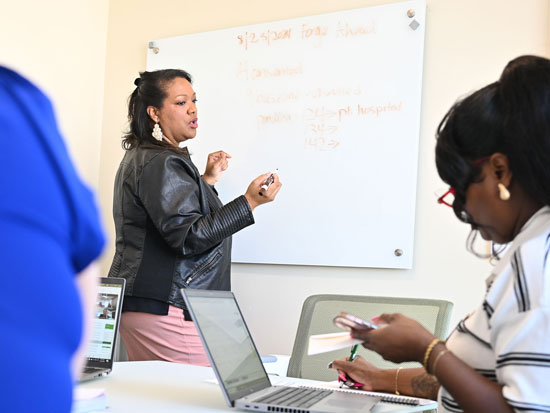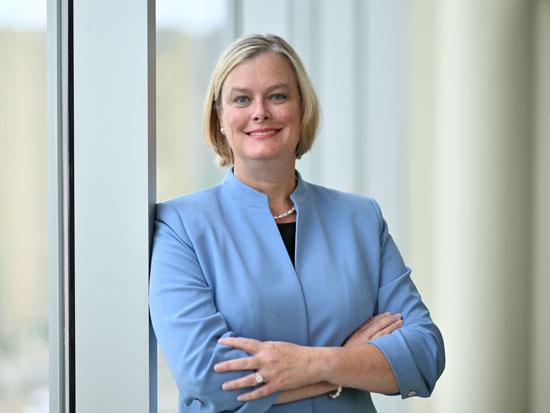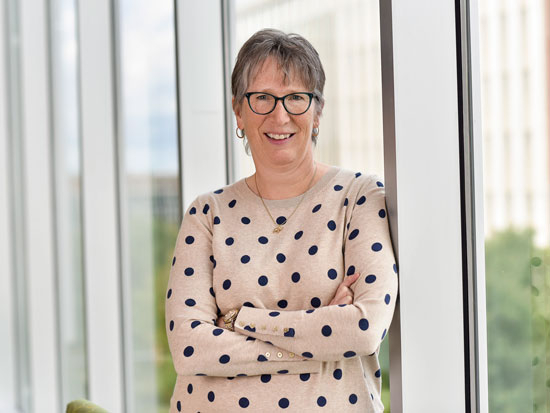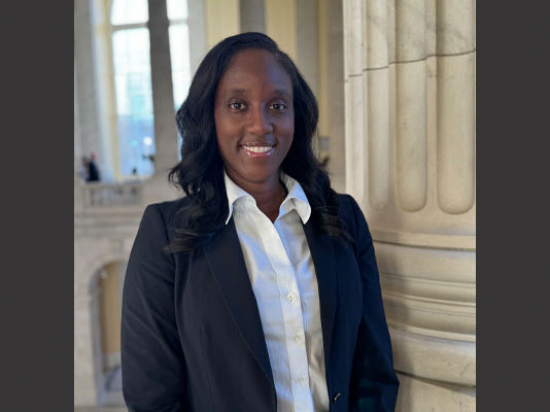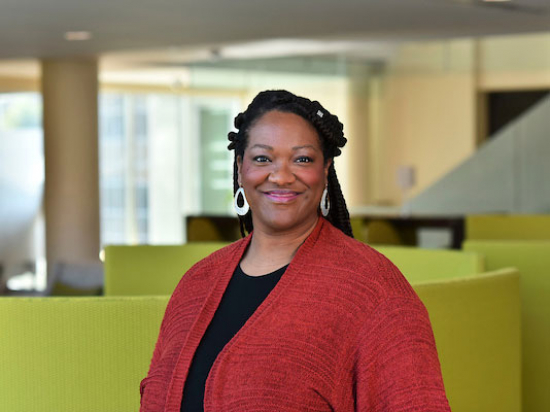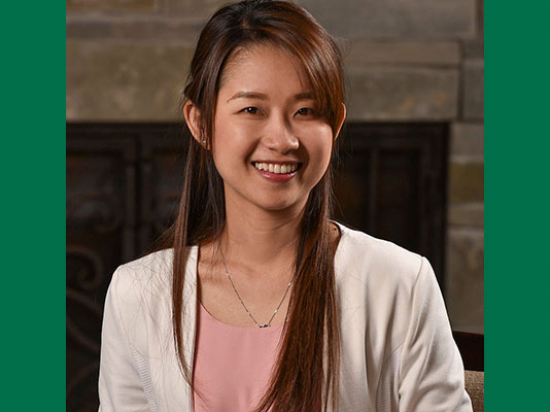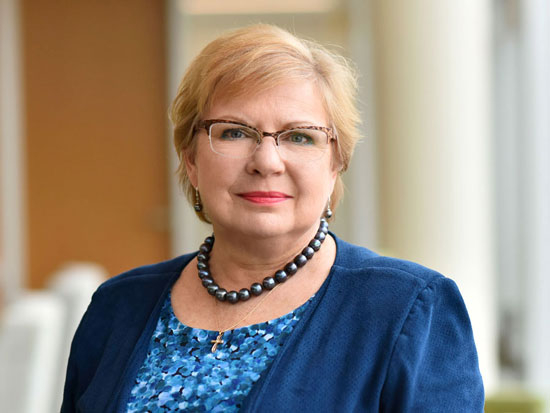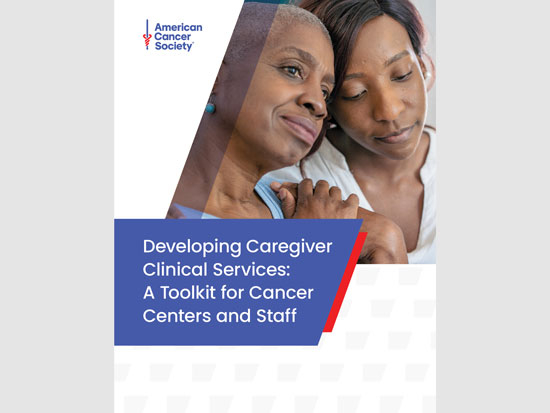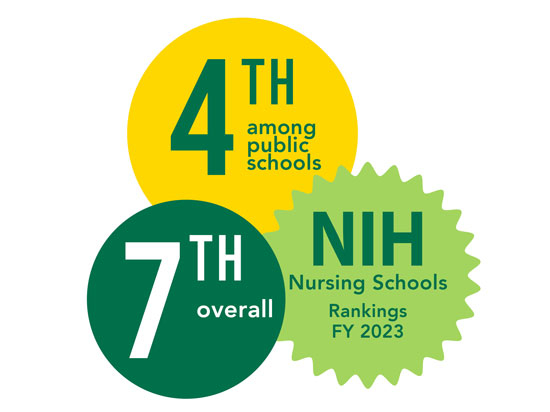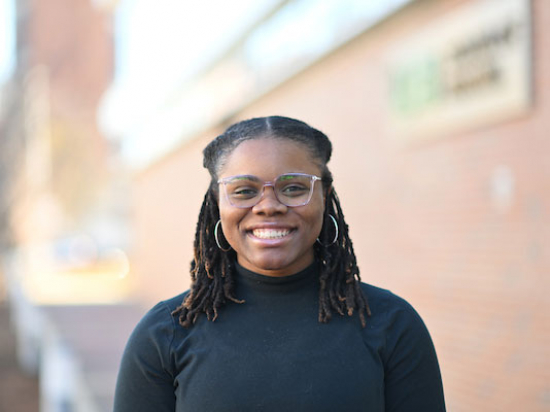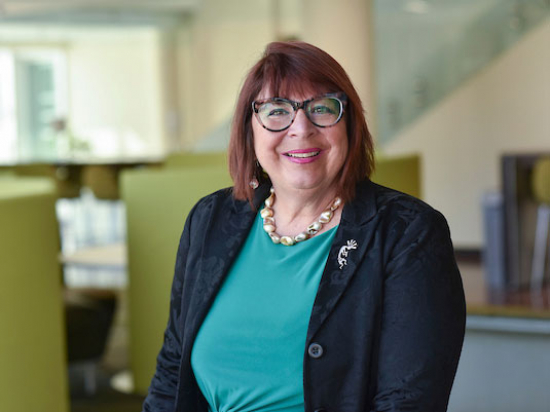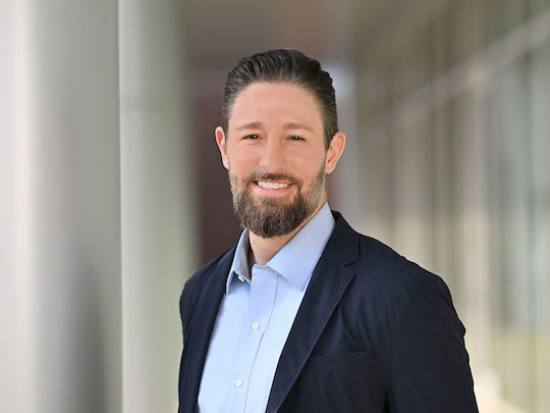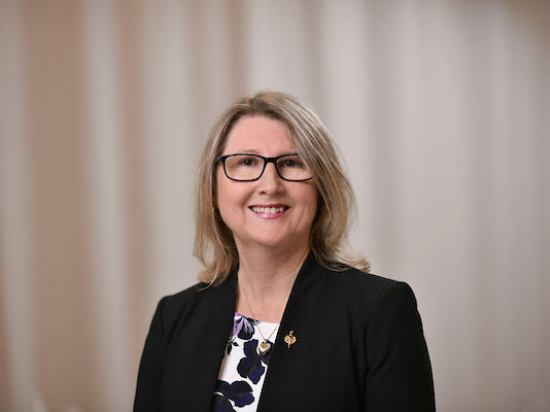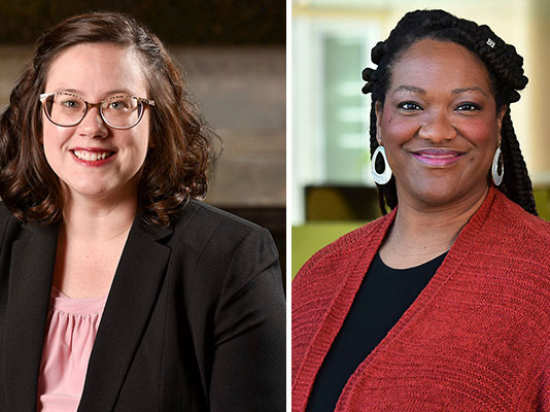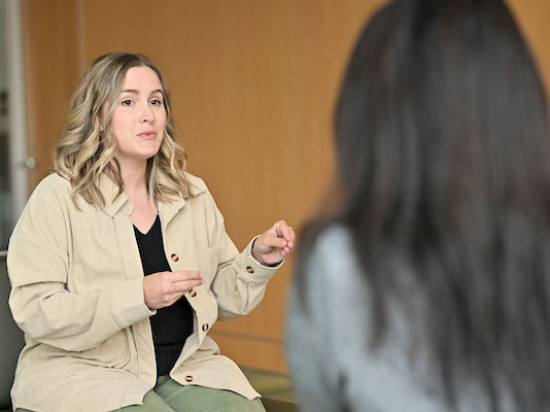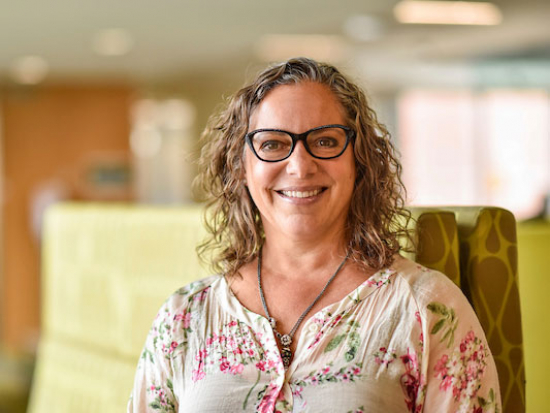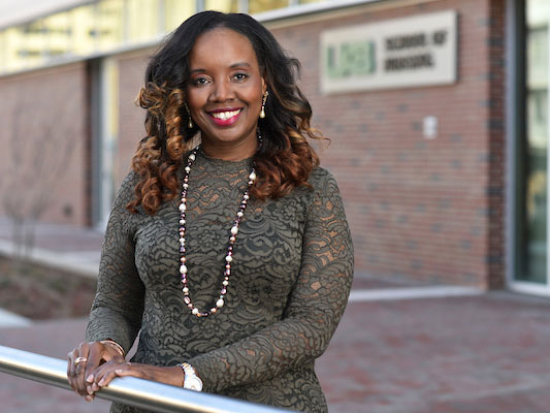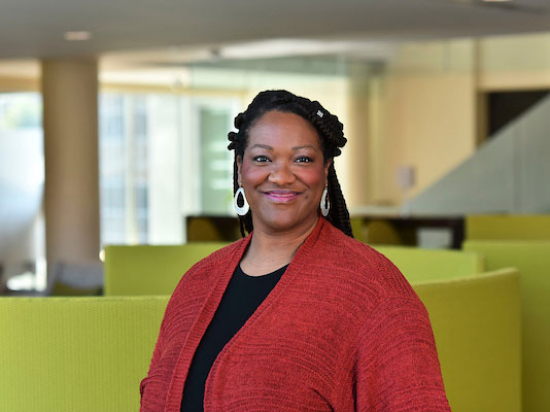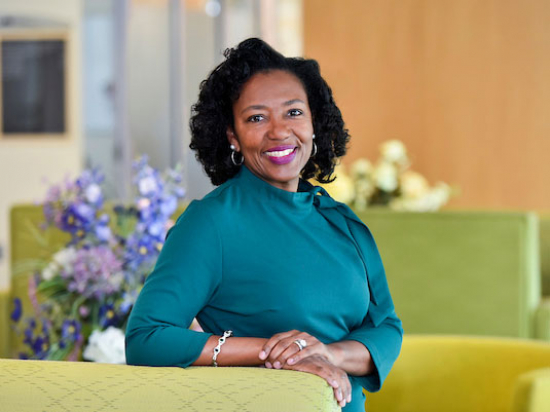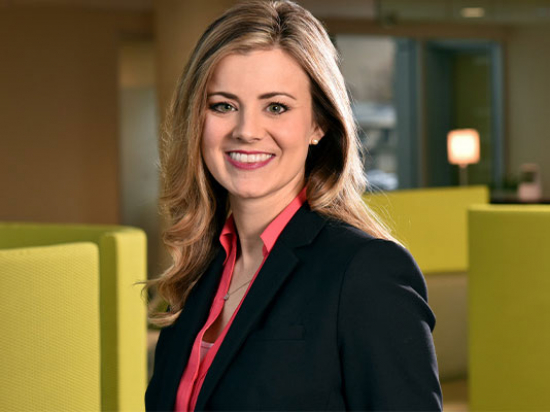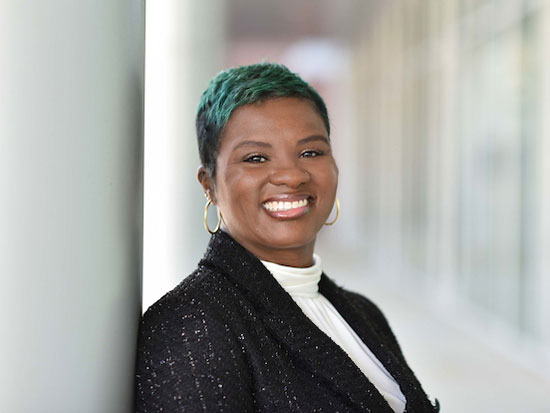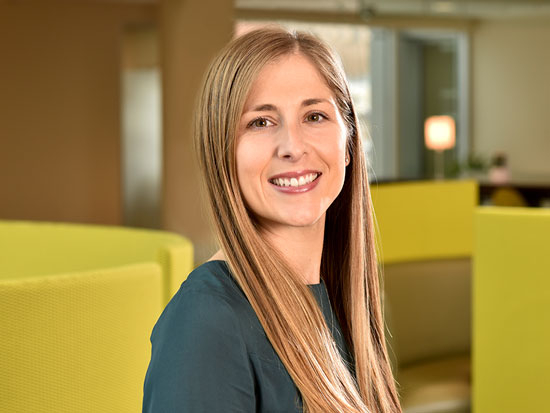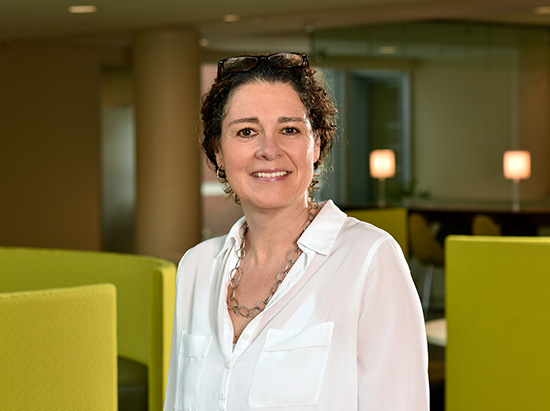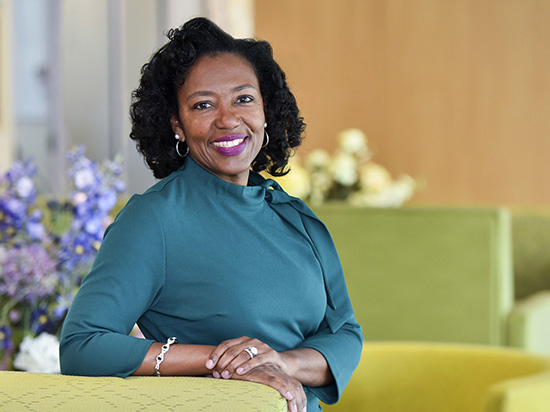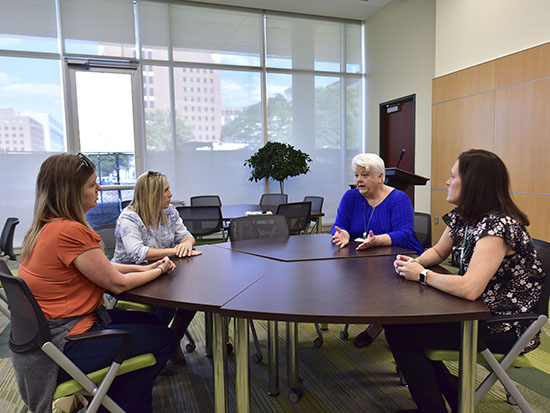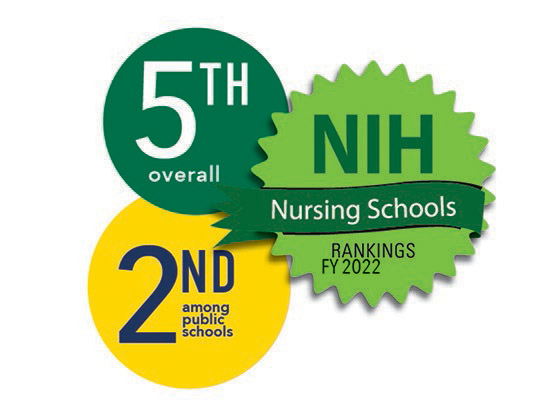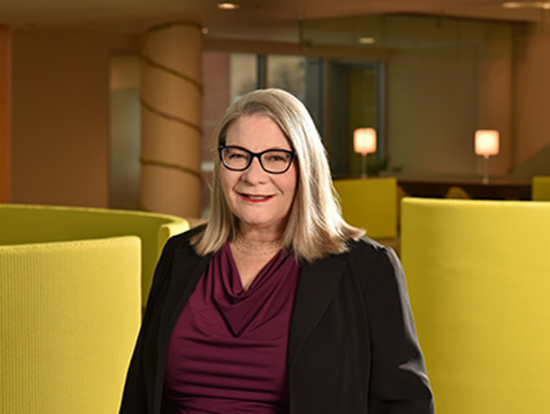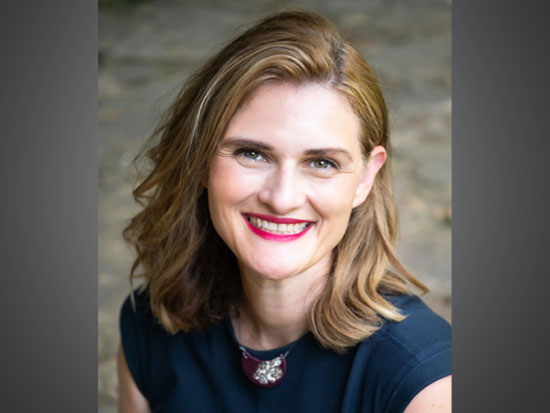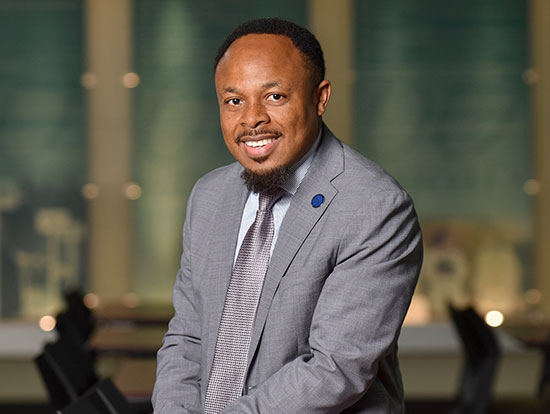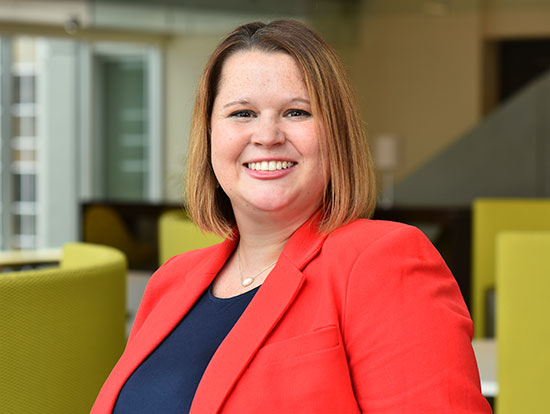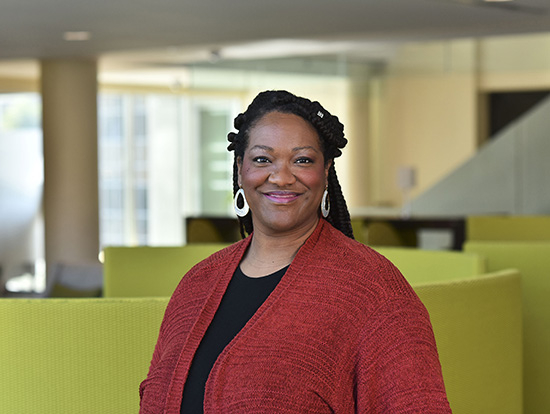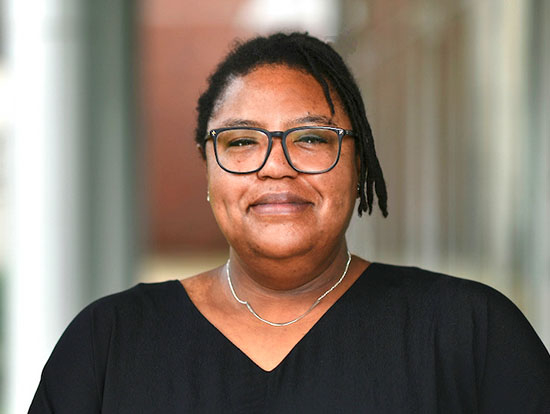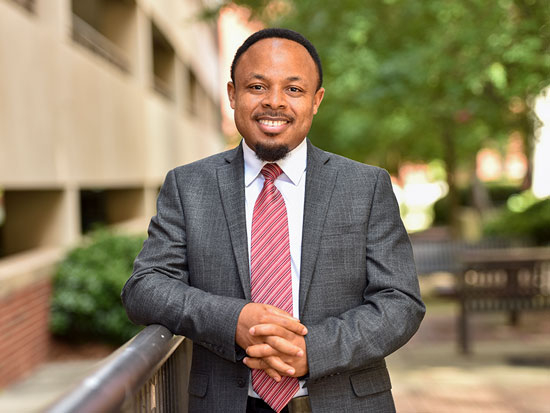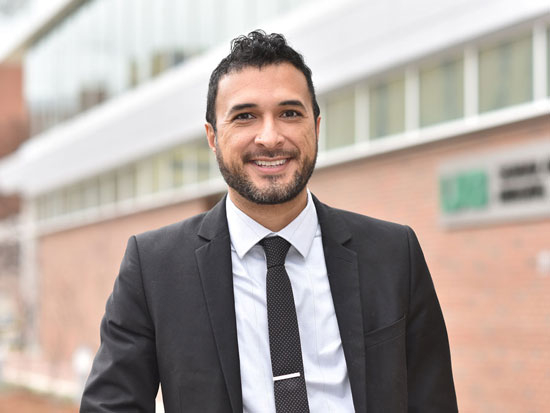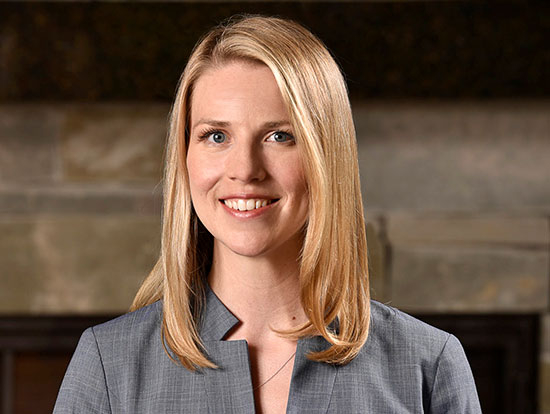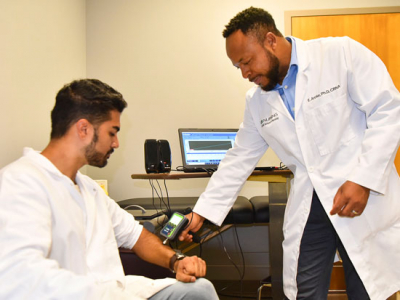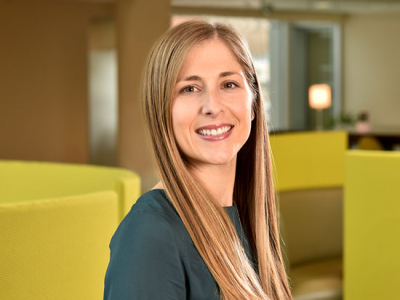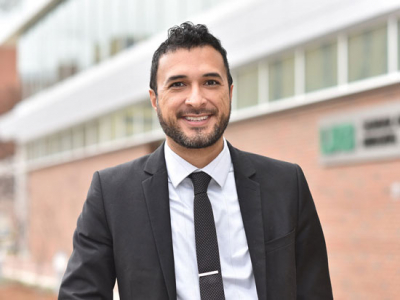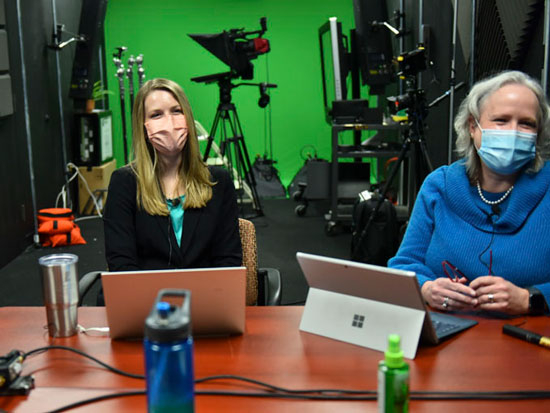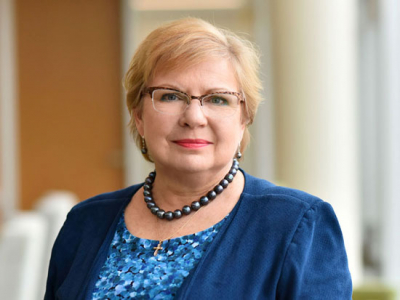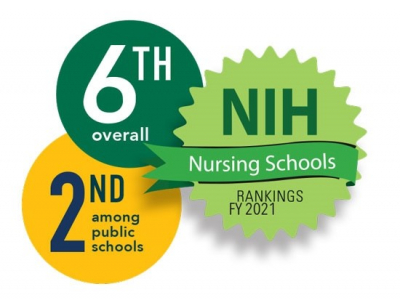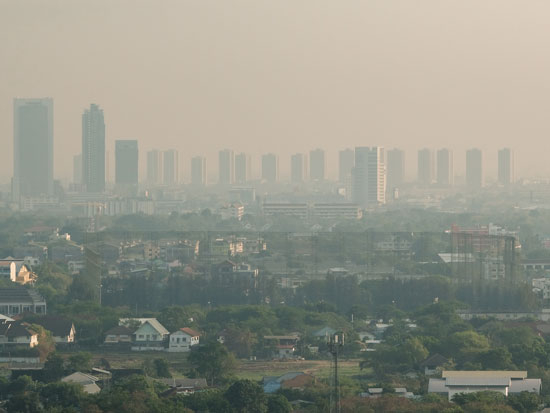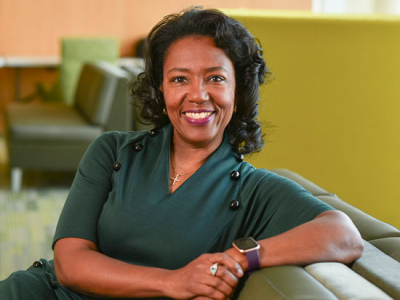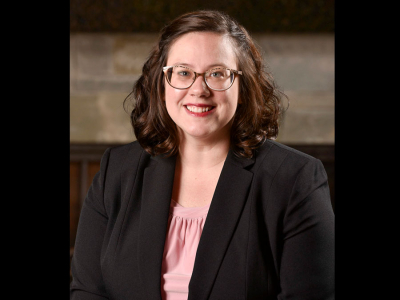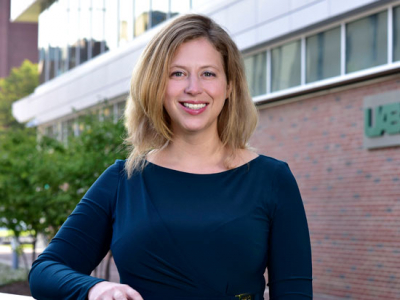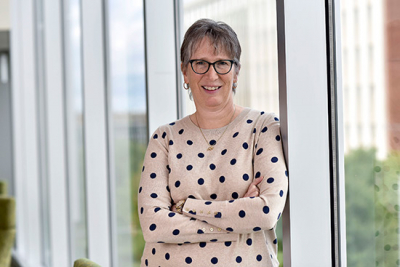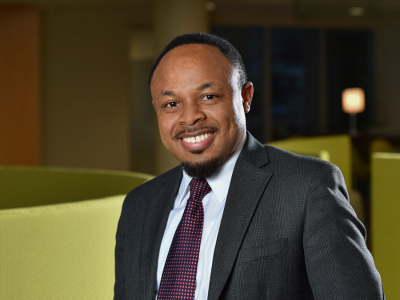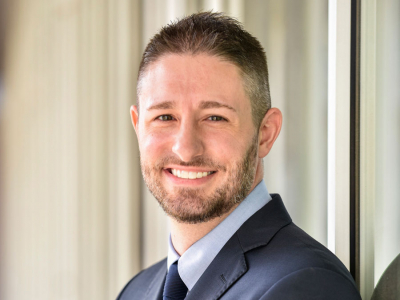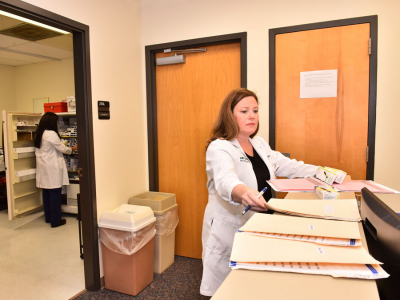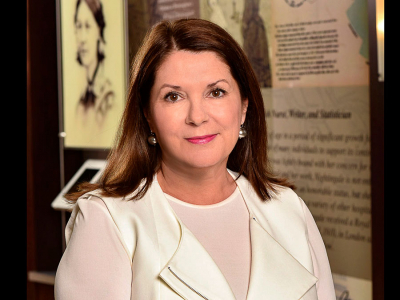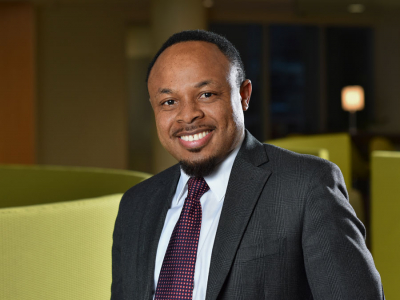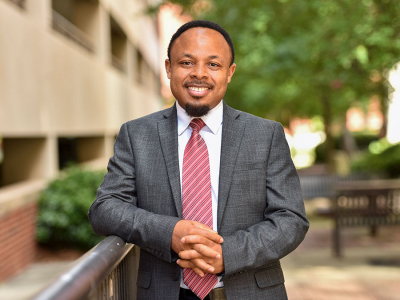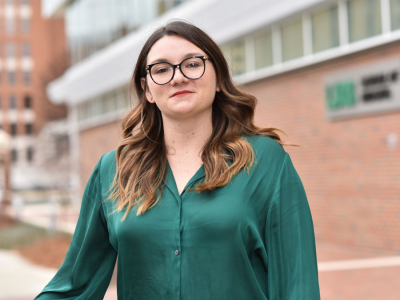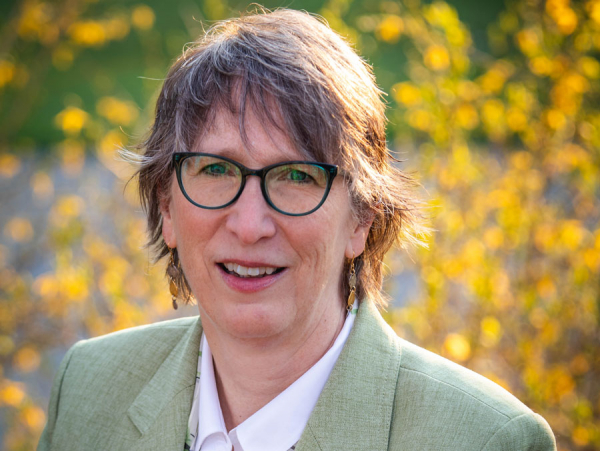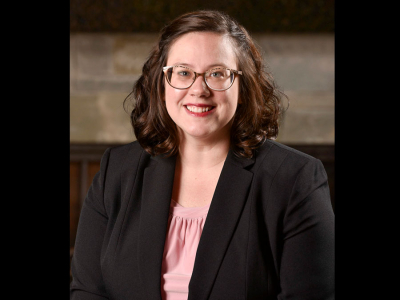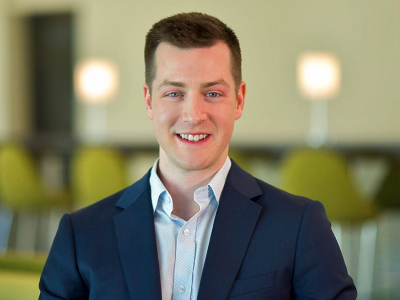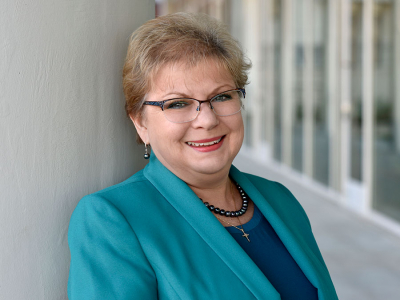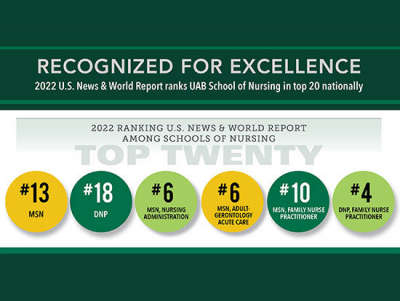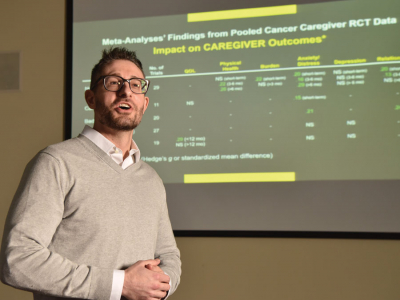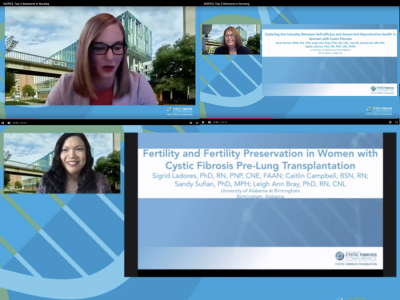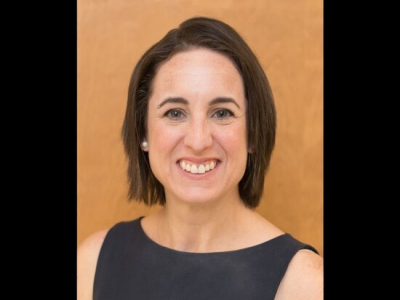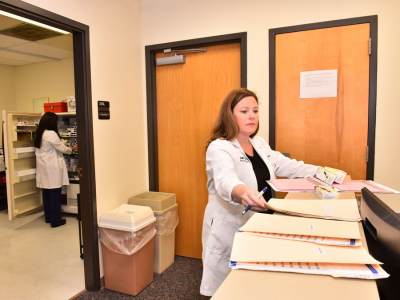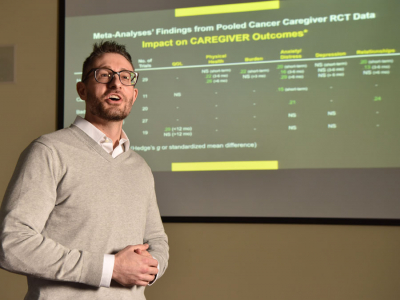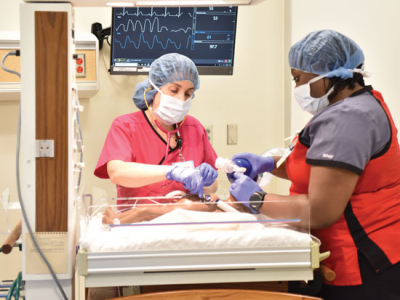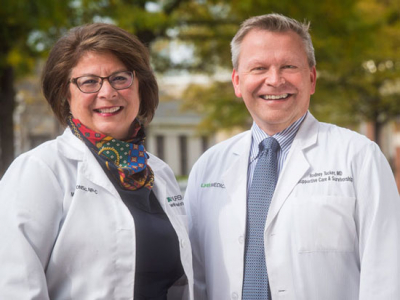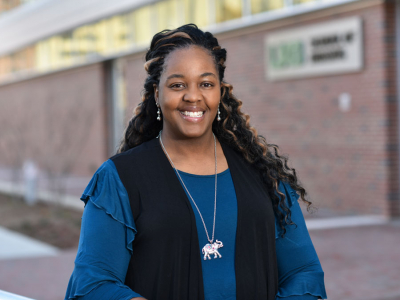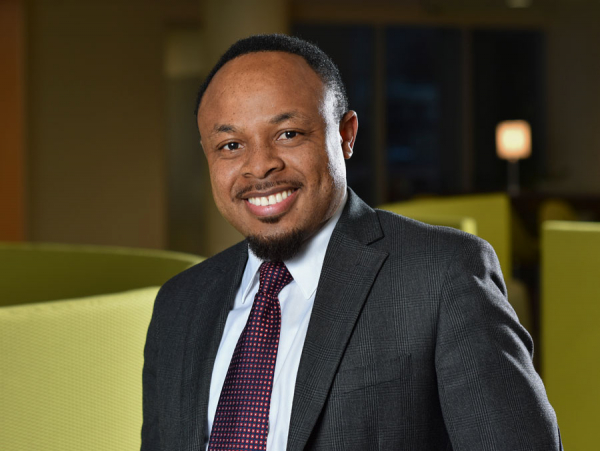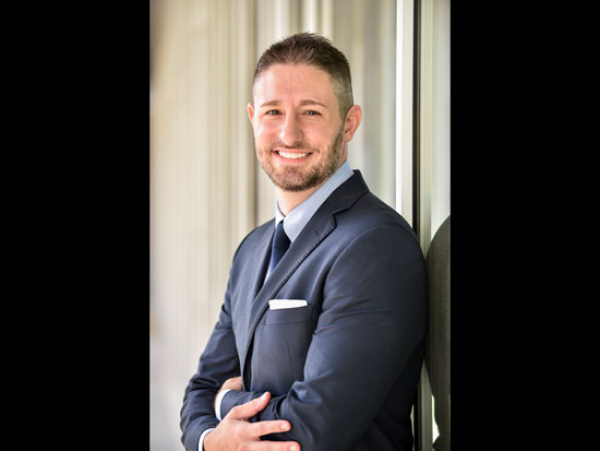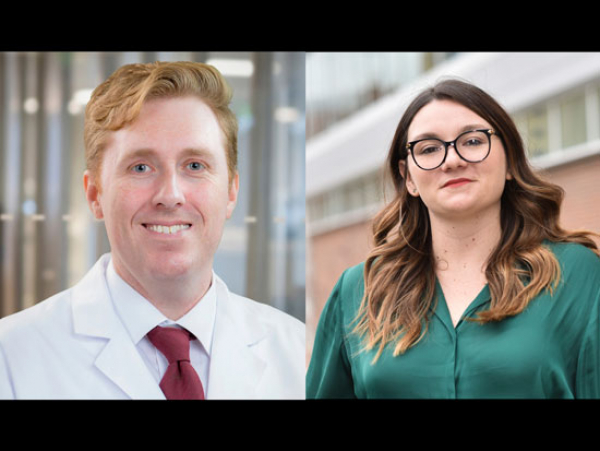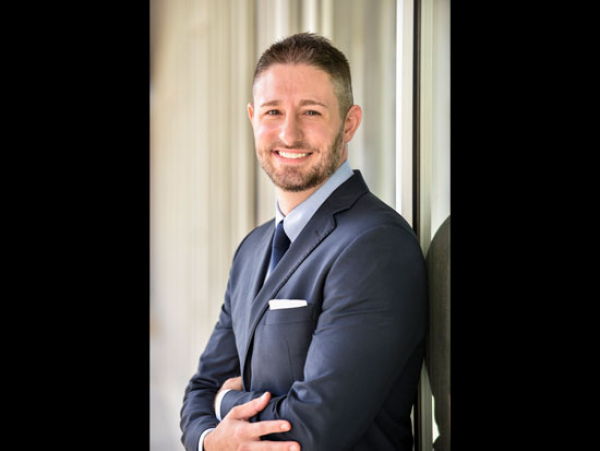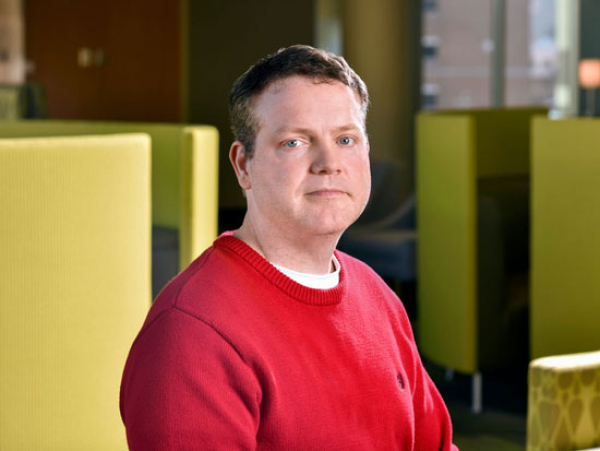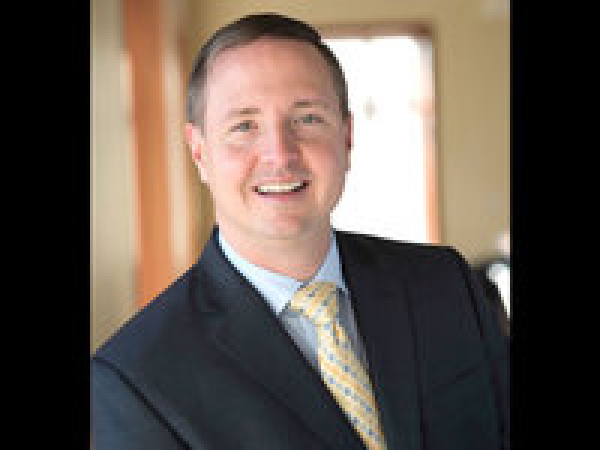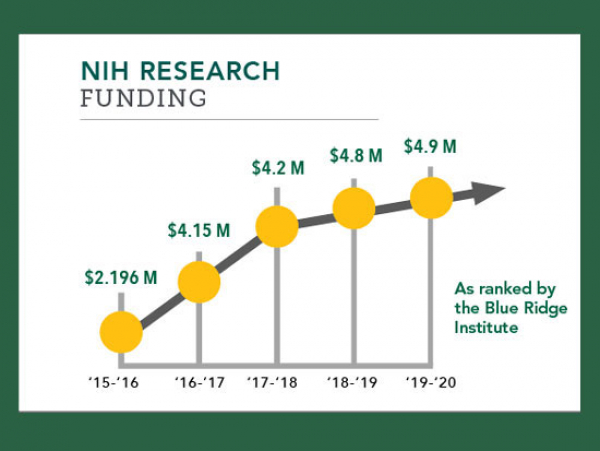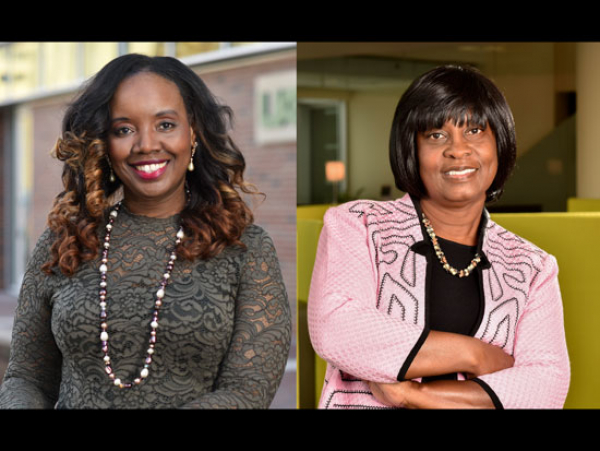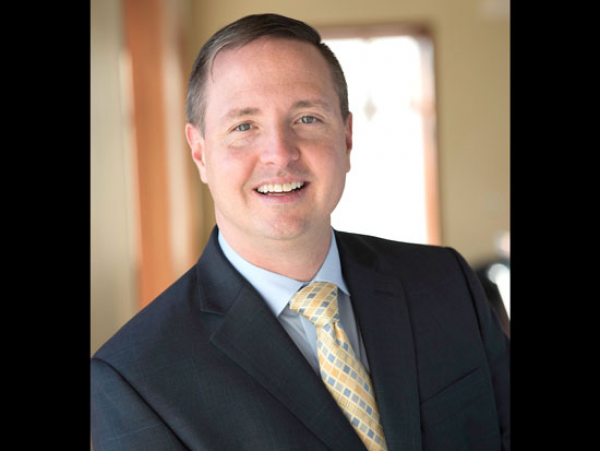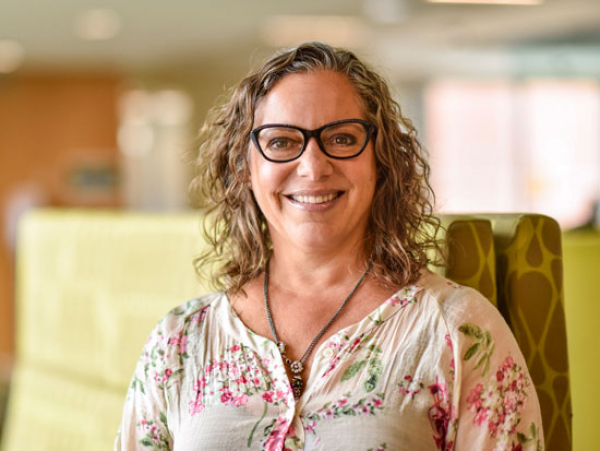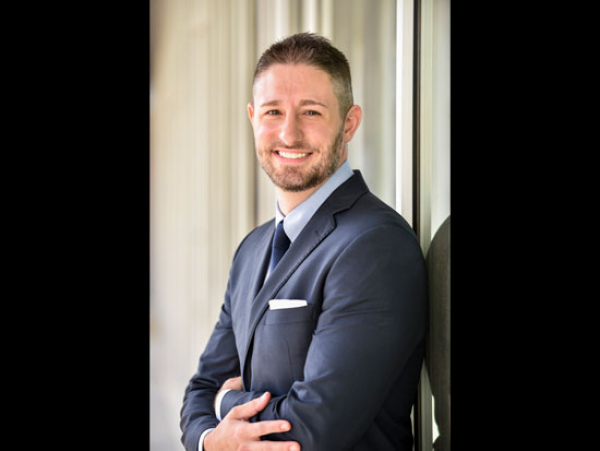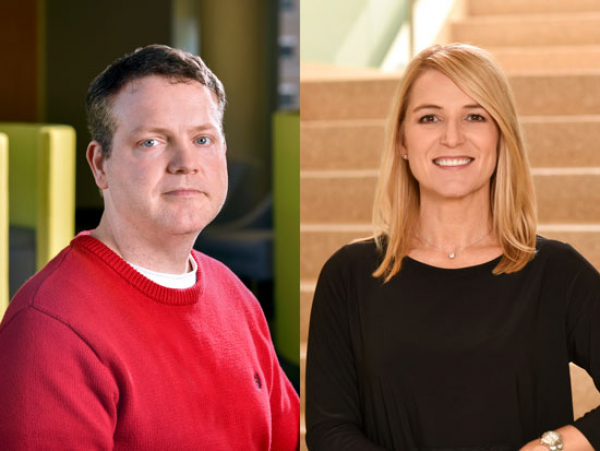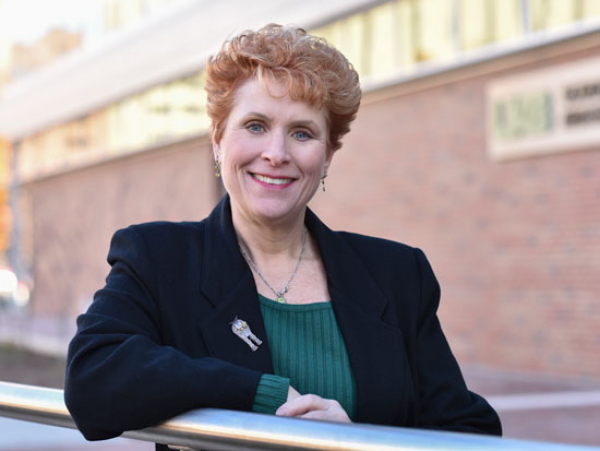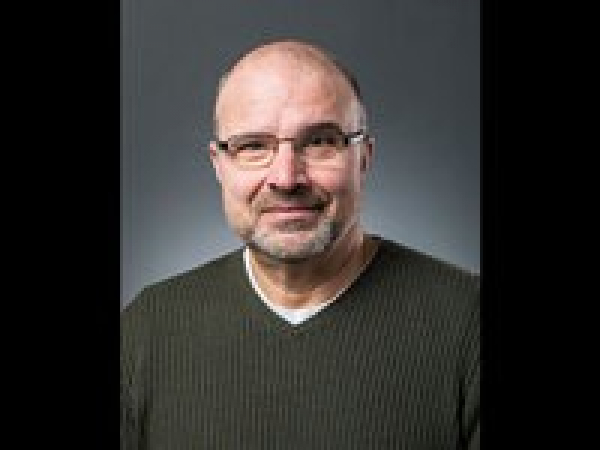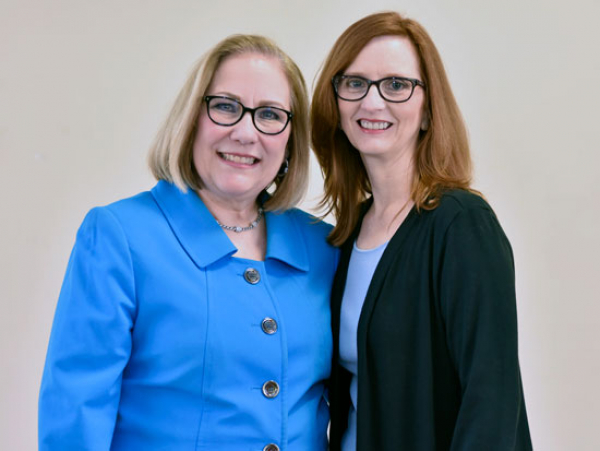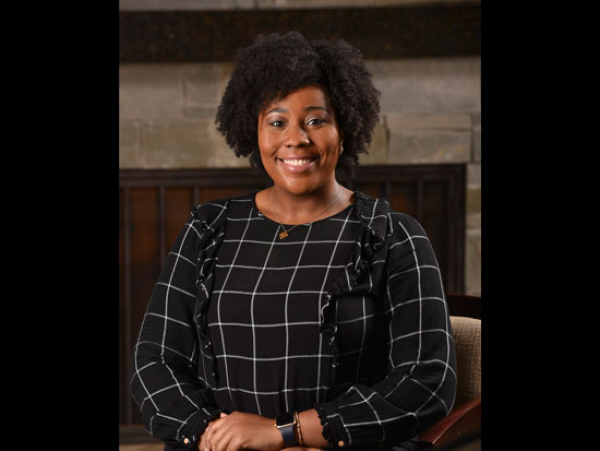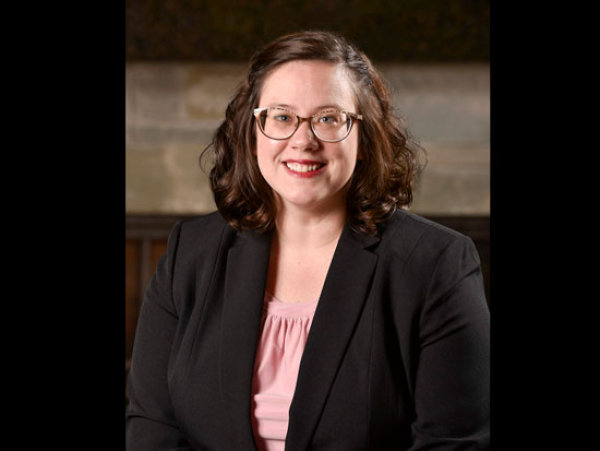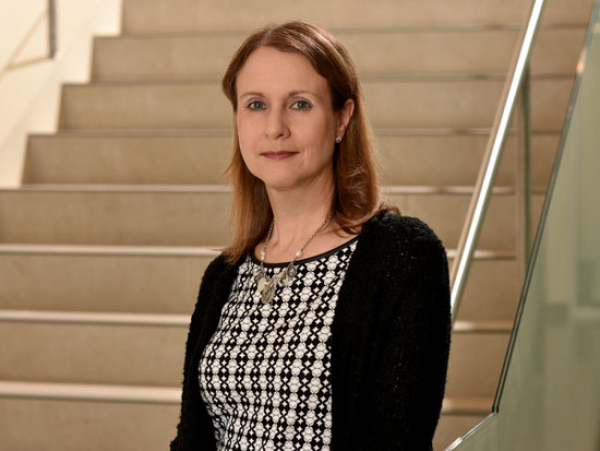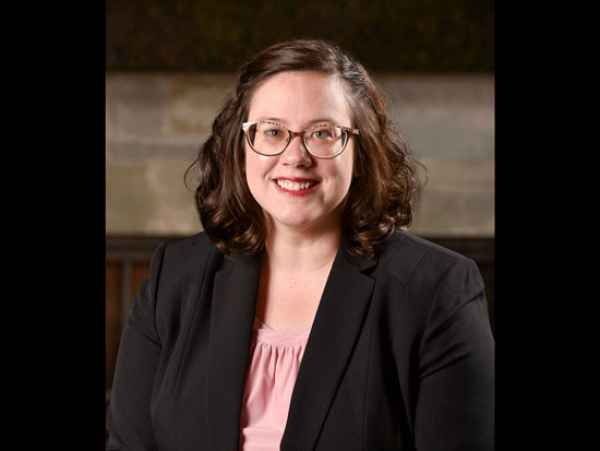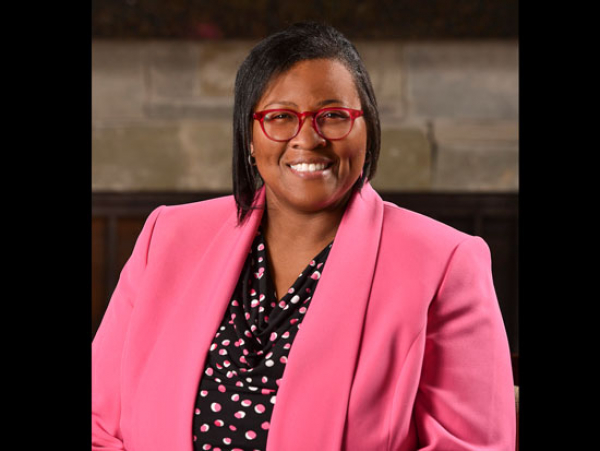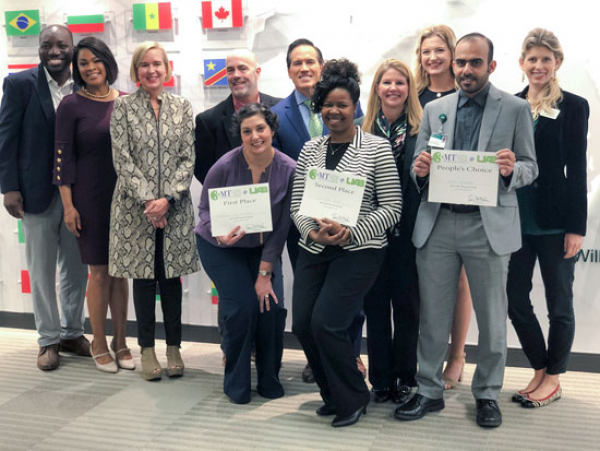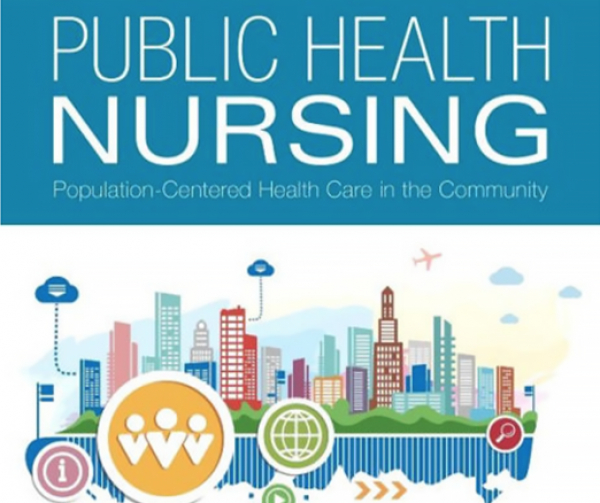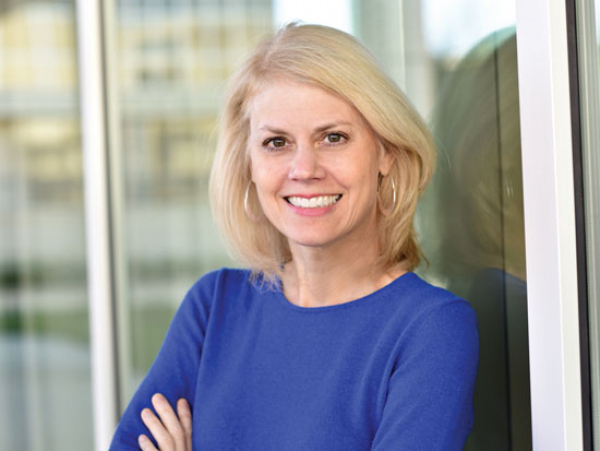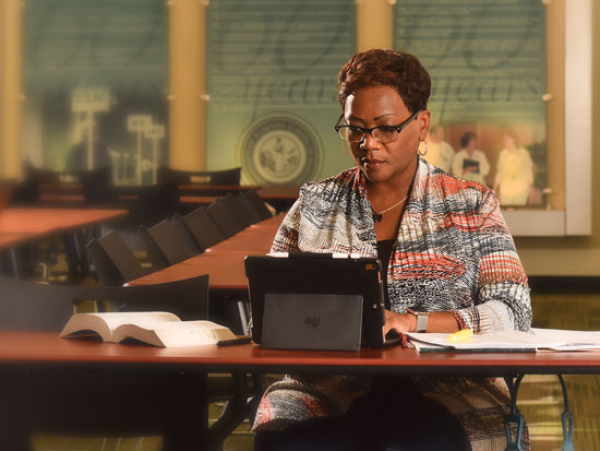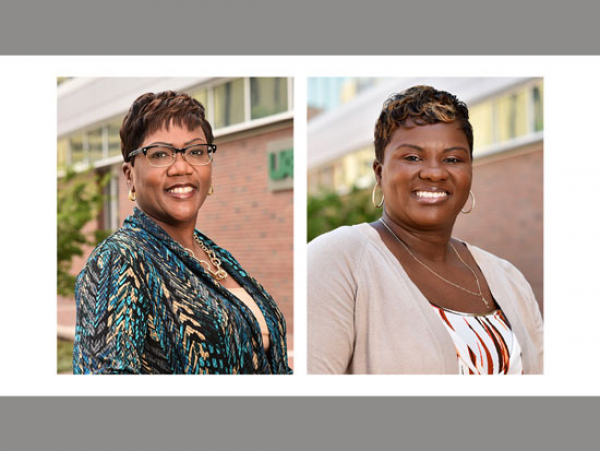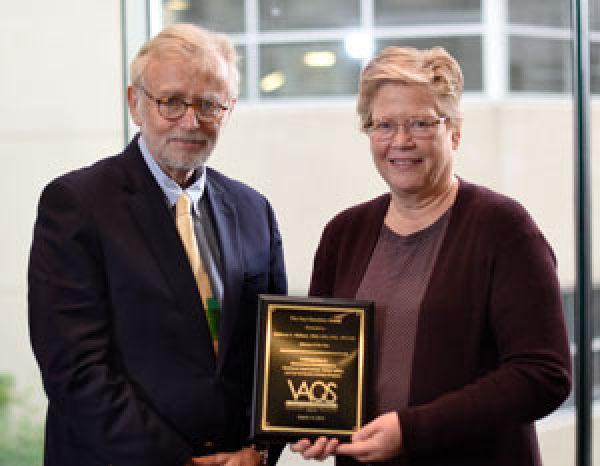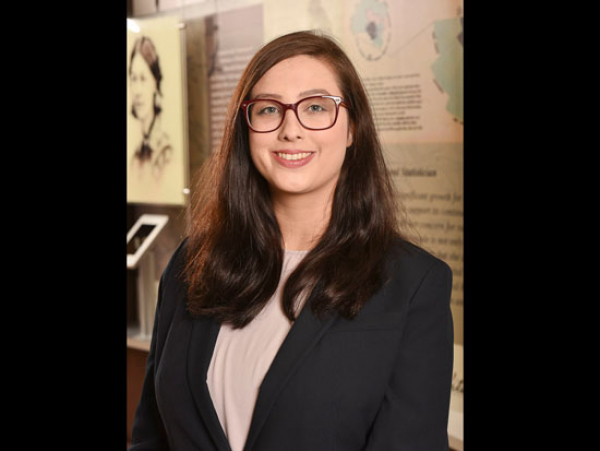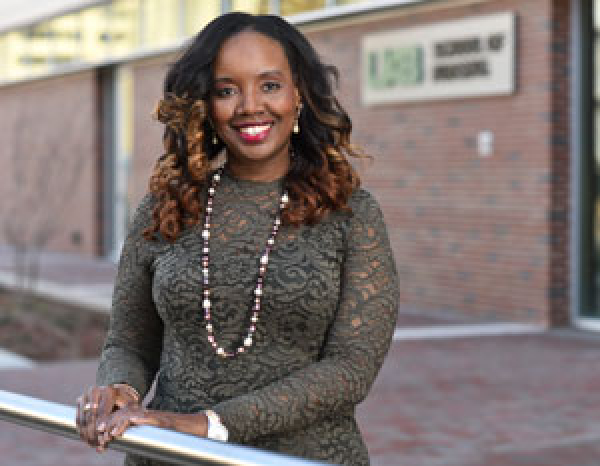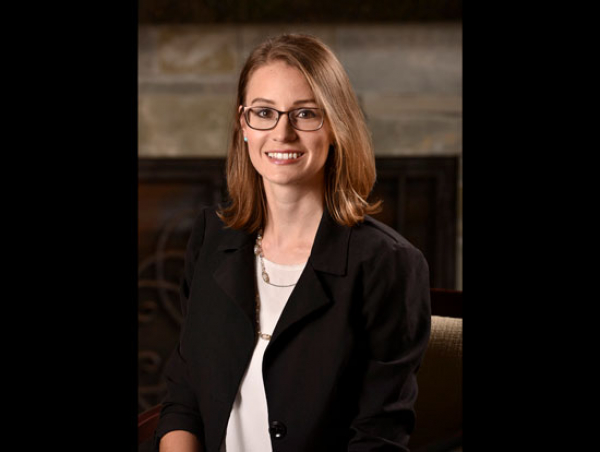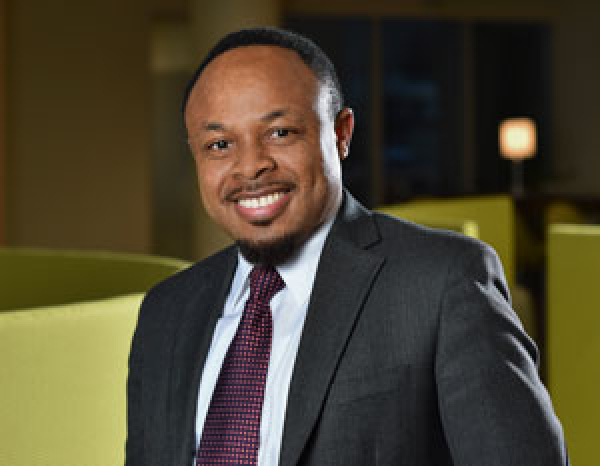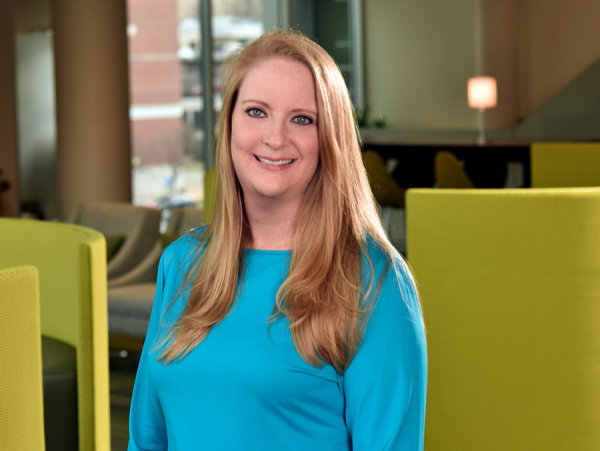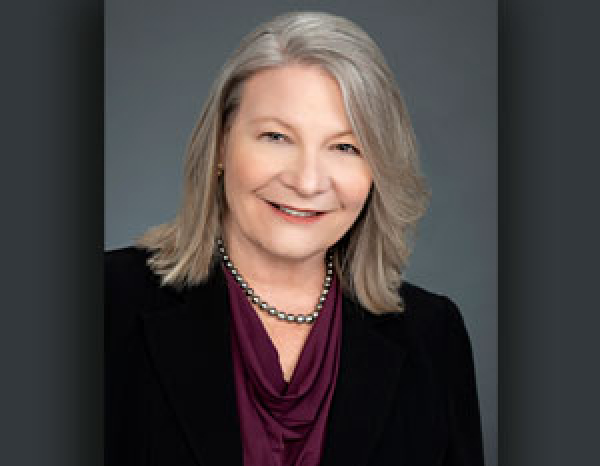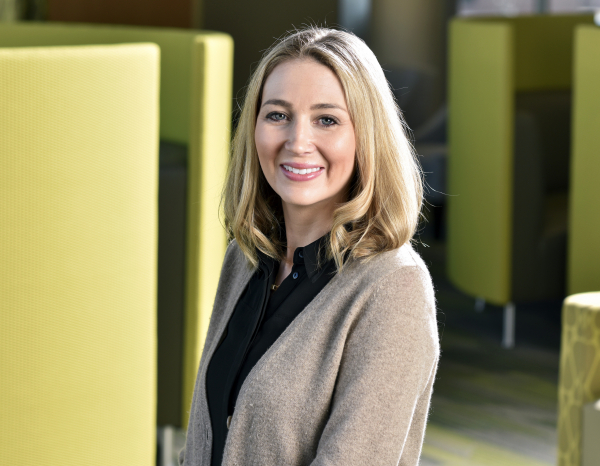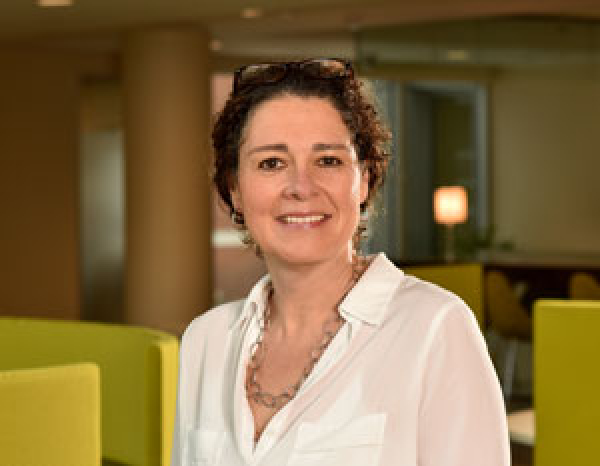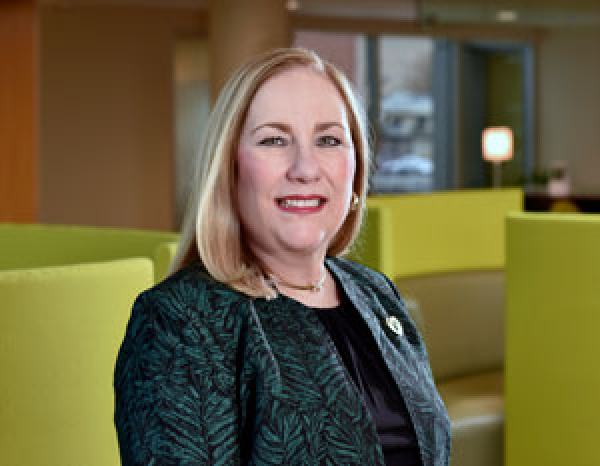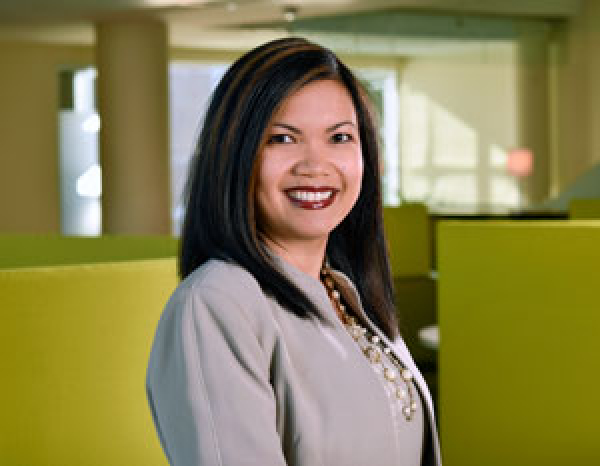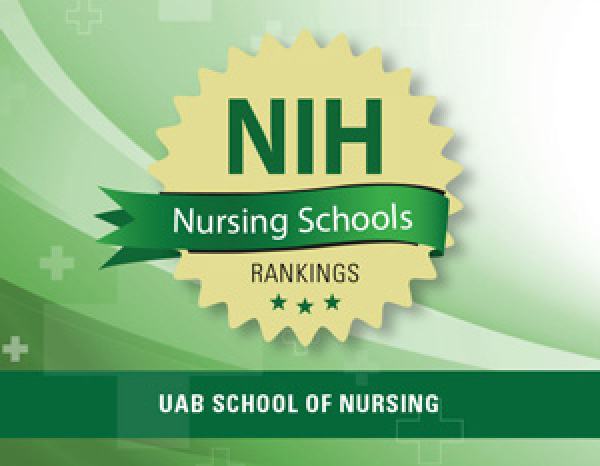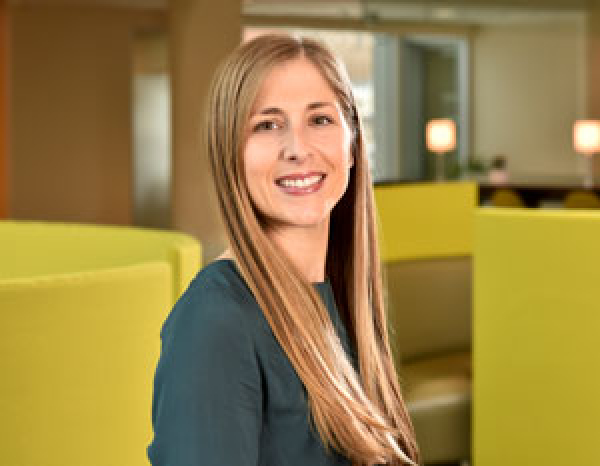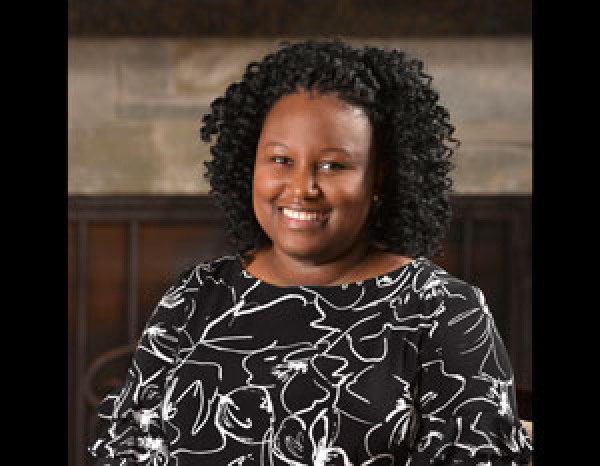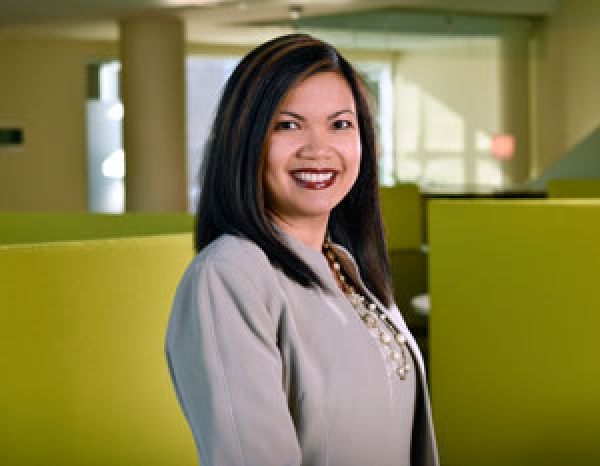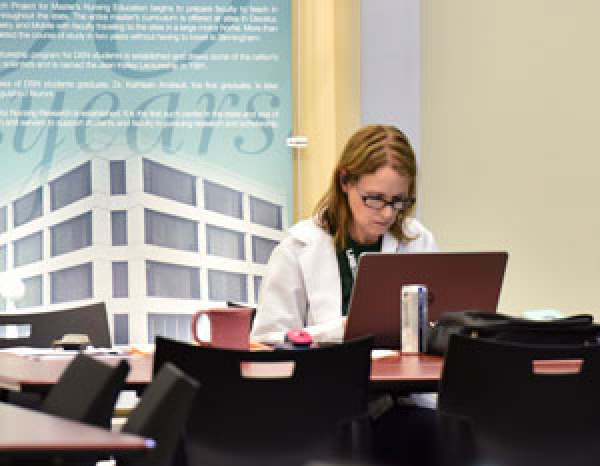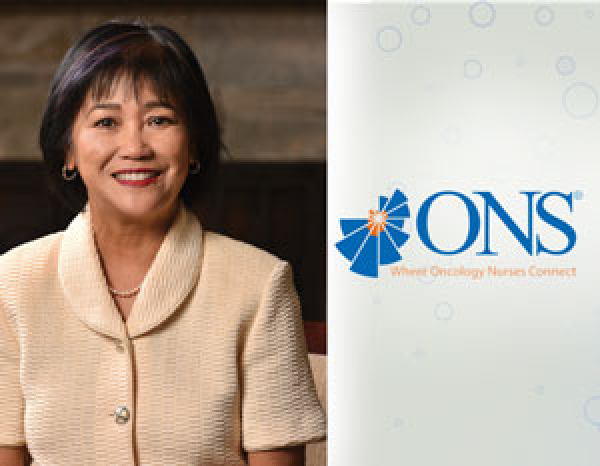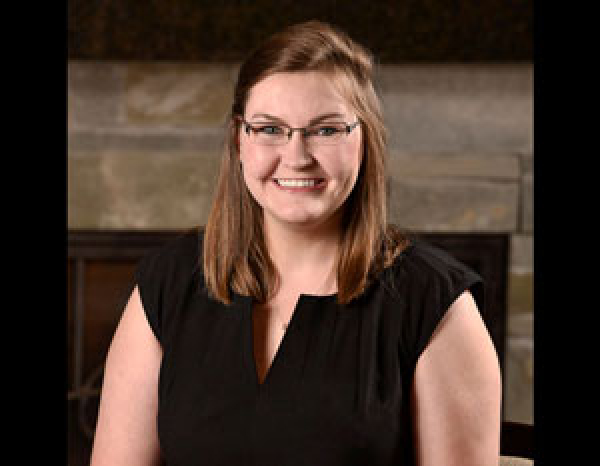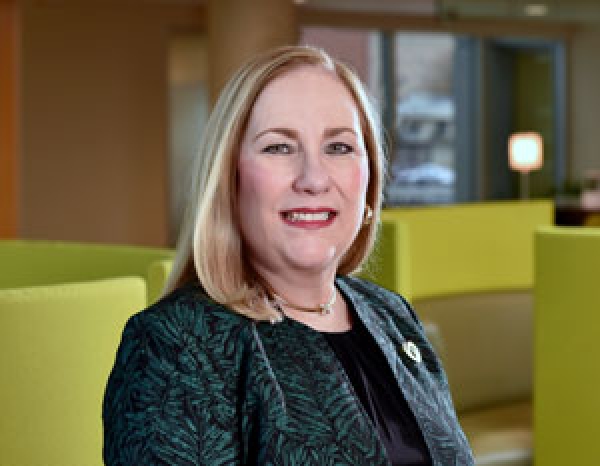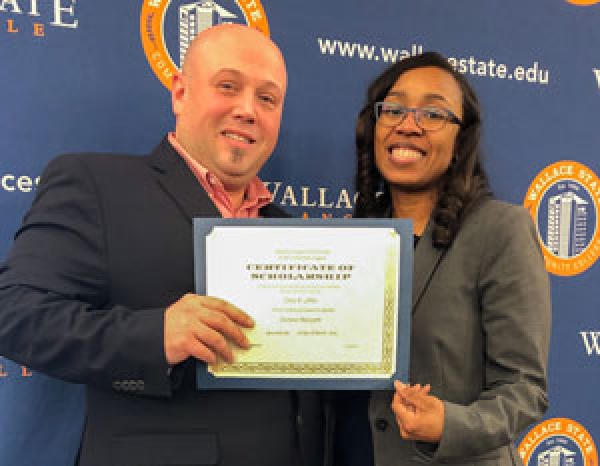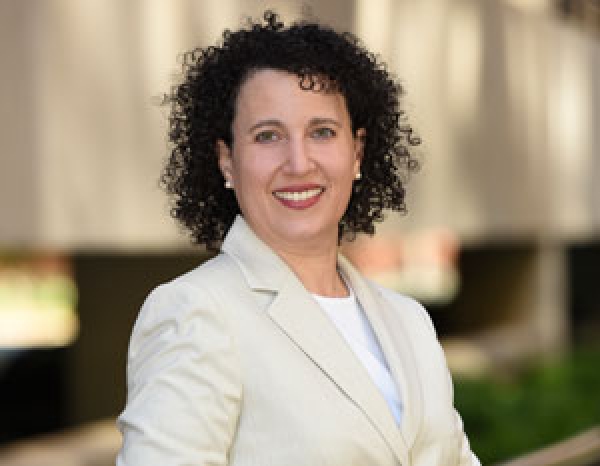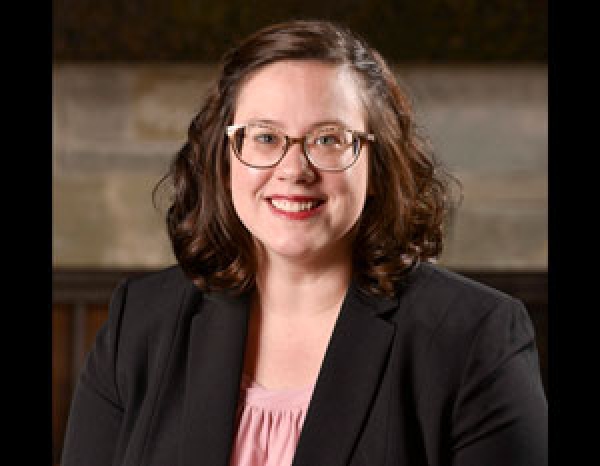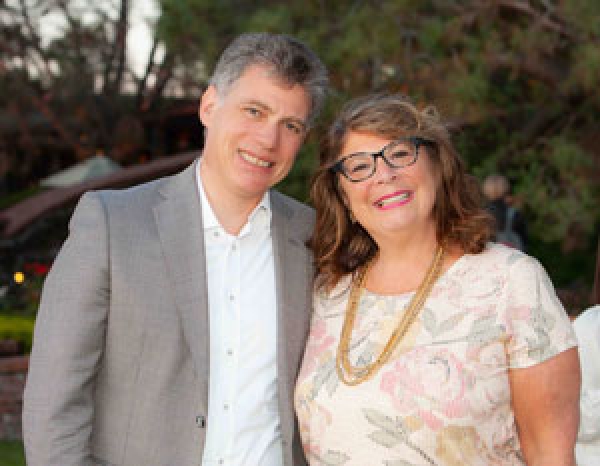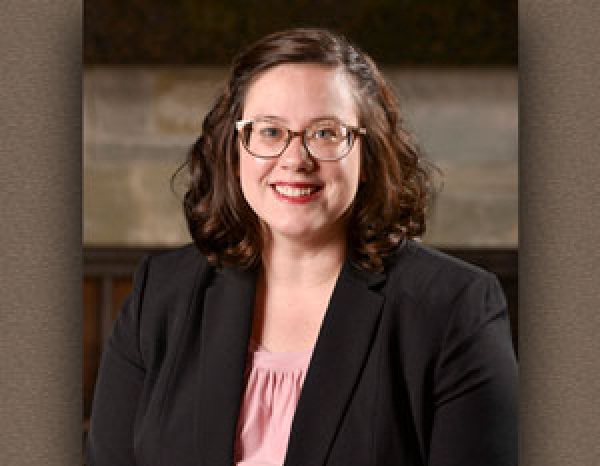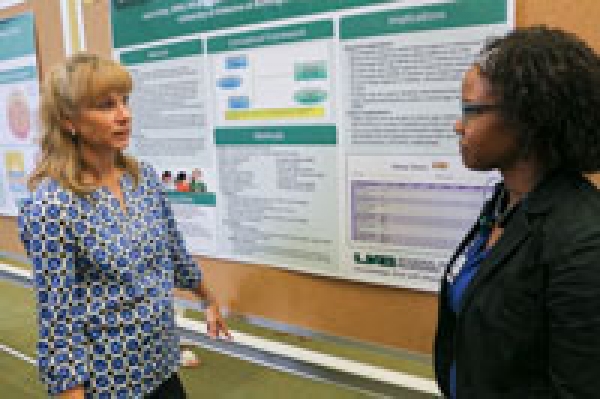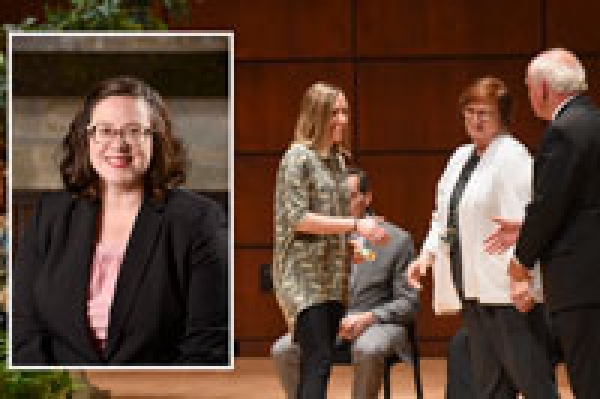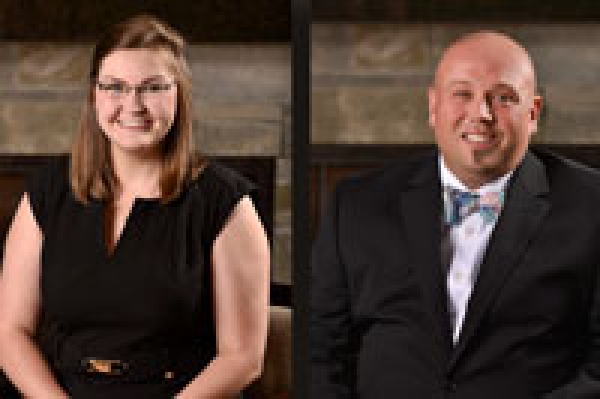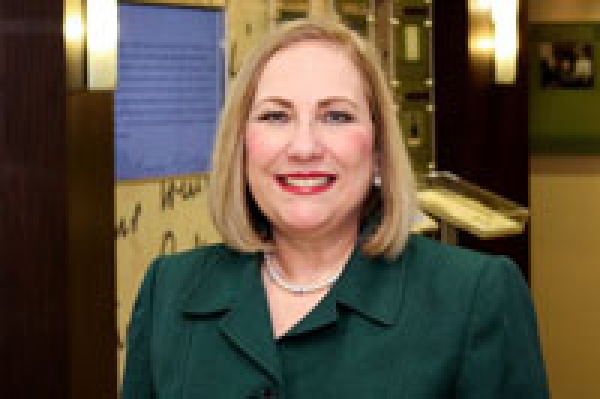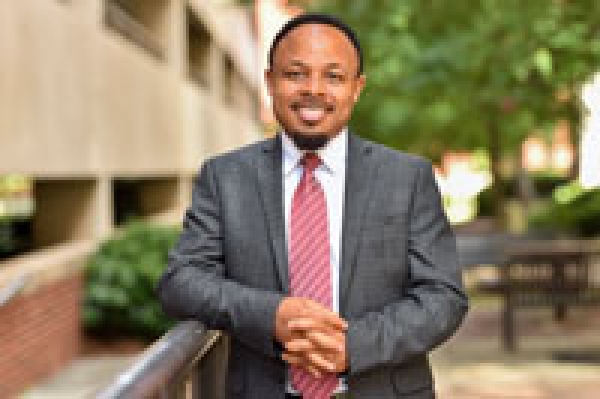
By Staff
Two University of Alabama at Birmingham School of Nursing graduate students have been selected by the Alabama Schweitzer Fellowship to its 2018-19 class. Shannon Polson, MSN, RN, CNL, CWCN, NEA-BC, LICSW, and Shivangi Argade, BSN, RN, both UAB School of Nursing alumni, are two of 11 graduate students from UAB named to this honor.
As Schweitzer Fellows, Argade and Polson will spend the next year learning to effectively address the social factors that impact health and developing lifelong leadership skills while following the example set by the famed physician-humanitarian for whom their fellowships are named. They also will develop and implement service projects to address the root causes of health disparities in under-resourced communities.
Polson is partnering with Samford University McWhorter School of Pharmacy student and Schweitzer Fellow Meg Boothe to provide health and mental health crisis referrals to clients of the South Highlands Mental Health Outreach Project (SHOP). SHOP is a program of South Highlands Presbyterian Church and provides support to help participants have a better quality of life.
Polson and Booth also are partnering to develop a strategic plan for a future dual integrated care clinic to service medically uninsured/underinsured persons with mental health diagnoses.
“Our goal is for all SHOP clients to have a medical home for primary care and psychiatry, and a designated home pharmacy for medication management. That way, they will have one pharmacist, one primary care provider, and one mental health provider only overseeing their treatment,” said Polson. “In developing the future dual integrated care clinic, my area of expertise will be helping with regulatory and administrative guidelines.”
“I am so excited about this project because I have enjoyed working with SHOP for the past four and a half years. The program recently celebrated its 30-year anniversary, is fully sustained by volunteers, and its model has been so successful that it has been replicated numerous times nationwide.”
Polson is an instructor at the UAB School of Nursing and earned her Master of Science in Nursing (MSN) degree from the UAB School of Nursing in 2011. She is currently enrolled in the School’s Doctor of Nursing Practice (DNP) program.

Argade will be addressing cardiac arrest emergency preparedness in Alabama public schools by reinforcing CPR and automated external defibrillator teaching to school staff.
“My community partner is Alabama LifeStart, a program through Children’s of Alabama that addresses the need for AEDs in Alabama public schools. My goal for the project is to have 20 out of 25 schools in Birmingham and surrounding areas participate in the Alabama LifeStart program and become certified as Heart Safe Schools, which would positively impact the lives of approximately 16,000 students and staff.”
Argade works as a registered nurse in the Cardiac Care Unit at Children’s of Alabama and is cross-trained in the Cardiac Intensive Care Unit.
“I regularly take care of patients who were admitted due to cardiac arrest, and on many occasions the child’s outcome is not as successful as it could have been if there had been someone on the scene when their cardiac arrest occurred who could initiate the appropriate steps in order to minimize the resulting damage from the arrest,” she said.
“My background in cardiac care and personally taking care of children with cardiac diagnoses is what struck my interest in working with Alabama LifeStart for my Schweitzer project.”
Argade earned her Bachelor of Science in Nursing (BSN) degree from the UAB School of Nursing in 2016 and is currently enrolled in the School’s MSN program.
“We are extremely proud of our class of Schweitzer Fellows,” said Kristin Boggs, director of the Alabama chapter of The Albert Schweitzer Fellowship.
“There was a great interest in the program, and we are excited to see what our talented students accomplish over the next 12 months. We are confident that the Alabama Schweitzer program will make a lasting impact on the health of communities in and around Birmingham, as our Fellows first learn to serve and support vulnerable people in living healthier lives, and then take those skills with them as they establish themselves professionally as leaders in their fields.”

